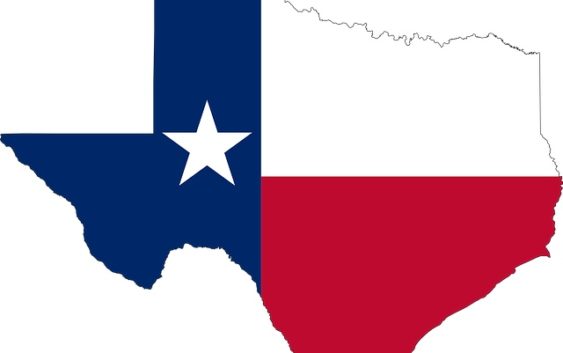- Raleigh City Council considers Hurricanes' $1B plans to develop 80 acres around Lenovo Center
- North Carolina to appeal FEMA’s denial of 100% cost-share extension after Hurricane Helene
- Ask the Meteorologist: How far can tornadoes travel?
- A beloved pet tortoise is reunited with its family weeks after disappearing in a Mississippi tornado
- NC's FEMA aid extension for Hurricane Helene recovery denied
Scientists Say 5G Networks Could Conflict With Weather Forecasting

From Texas Standard:
Scientists are warning that new 5G internet connectivity could interfere with their ability to forecast the weather. Now, they’re bringing their concerns to Congress.
5G, or fifth-generation networks, represent the next level of internet connectivity. 5G will be faster, and, hopefully, provide cellular and internet access to more places around the world.
Jonathan Behrens is a science policy analyst for the American Institute of Physics. He says the conflict between 5G and weather forecasters occurs because the network uses an area of the electronic frequency spectrum that’s close to the part of the spectrum used by weather satellites.
“[It] ultimately comes down to this thing called out-of-band,” Behrens says. “When someone’s communicating through their telecommunications, and it bleeds over, it might start to interfere. At least that’s what NASA fears with their weather data.”
The worst-case scenario for weather forecasting is that its accuracy could be set back to 1980s levels. That could severely limit the ability to track hurricanes as they develop.
Behrens says members of Congress from both parties have gotten the message weather scientists have delivered, and have passed those concerns along to regulators charged with approving the deployment of 5G networks.
“Right now, all the agencies are just doing a big assessment,” Behrens says. “They’re trying to come to an agreement. We’re patiently waiting.”
Written by Shelly Brisbin.
9(MDAwMTM1NDgzMDEyMzg2MDcwMzJjODJiYQ004))